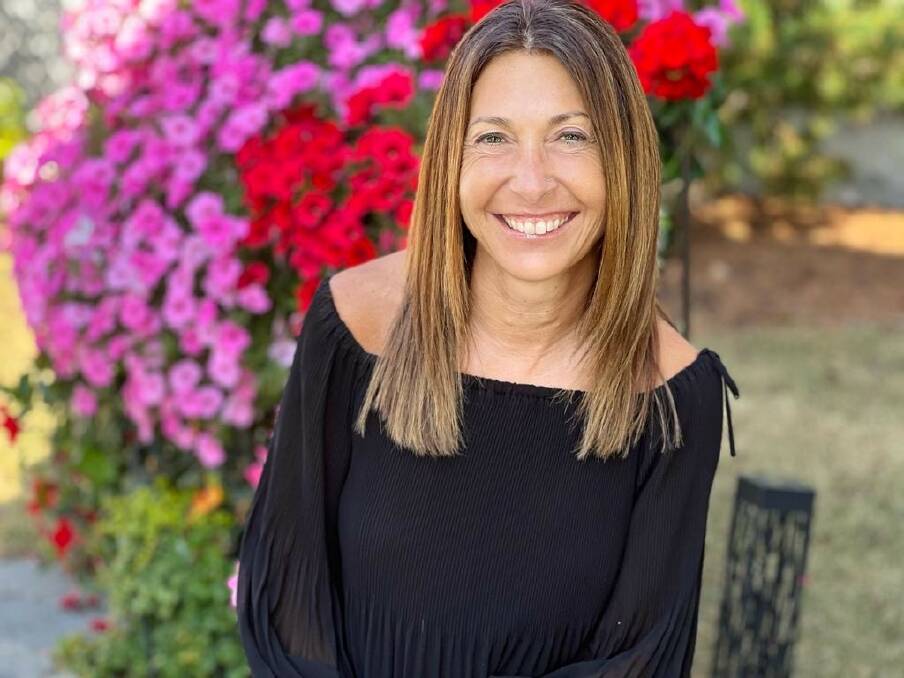
Psychologists facing growing demand for counselling services say therapy sessions done over the phone or via video are the key to ensuring regional Australians are not left behind in what's been called the nation's "mental health emergency".
Subscribe now for unlimited access.
or signup to continue reading
According to the Australian Institute of Health and Welfare, for every 100,000 people there are 164 psychologists available in Melbourne compared to 84 in Victoria's inner regional areas and only 35 in the outer regions.
Sydney has 148 psychologists for every 100,000 people compared to only 44 in outer regions, while Tasmania's inner regional rate of 140 per 100,000 falls to 51 in outer regions.
The glaring gap between major cities and the bush inspired psychologist Phillipa Brown to establish MeHelp, an online platform delivering telehealth psychology services.
"I could see the opportunity to use telehealth to make a change for the better, particularly for those living in regional and rural Australia, where it's harder for people to get the help they need," Ms Brown said.
According to industry body the Australian Association of Psychologists, demand for therapy sessions has climbed by an average of 70 per cent since 2020, with almost 40 per cent of psychologists forced to close their books to new clients at the end of 2022.
A recent McKell Institute report commissioned by the association says Australia's "mental health emergency" is being driven by rising cost-of-living pressures, lingering social side effects of the pandemic and anxiety over climate change and the increasing frequency and severity of extreme weather events such as floods.
Ms Brown launched MeHelp in January with six registered psychologists and more on standby to provide personal therapy on the phone or via video call.
Raised in the tiny Victorian town of Milawa near Wangaratta, she knows how hard it can be to get mental health care in the country.
"I have cousins in Rutherglen who tell me it's a nine-month waiting list for their psychologist," Ms Brown said. "In nine months, a mental health issue could have exacerbated so much that it's become a much bigger problem. Our big goal is to help relieve the pressure, to then allow the rural practitioners to free up spots on their wait lists for other clients needing urgent, localised care."

Psychologist Renaty Layton said therapy over the phone or via laptop video link could be just as effective as in-person sessions.
"The feedback my patients have shared with me is that being able to have these sessions online in familiar surroundings like their home actually has given them a real sense of comfort and security," she said.
Melbourne-based Ms Layton, who's been practising for 30 years, said more than 80 per cent of her MeHelp clients were from regional areas. They were dealing with a range of issues including stress and anxiety, depression, loneliness and relationship problems.
"The waitlists are so high in regional areas - one GP I've spoken to said it's eight months in their area," she said.
"There are very limited options for people, and they might have to travel long distances to access services. For many it's been the first time they've been able to access support.
"I had a 72-year-old client this week who was very anxious because she'd never had any sort of mental health support before but by the end she was so reassured."













